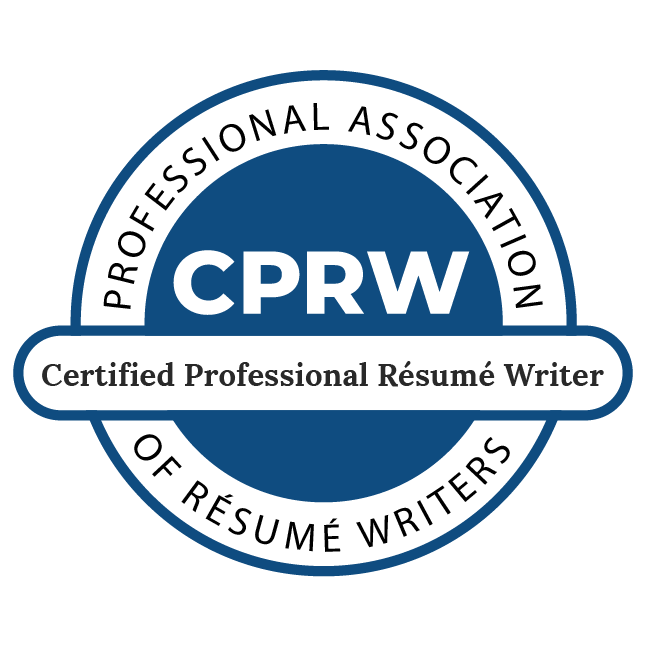MBA/business school or law school can be a great career investment. Such applications generally call for a resume, along with a personal statement, recommendation letters, and other documentation. But the professional resume you already have probably will not fit the bill.
A professional school application resume is a whole different animal from a professional resume. Not only are the audiences and purposes different, but the expectations of what should and shouldn’t be included are unique for a professional school resume.
Of course you should carefully review and follow each school’s specific instructions regarding resume content and format. But here are a few rules of thumb for creating a resume that will make a strong contribution to your professional school resume:
Brevity
All resumes should be clear and concise, but once you have a few years of work experience under your belt, your professional resume will probably run to two pages. Not so for law school and business school resumes.
Except in very rare cases, one page is the limit for professional school resumes. This means you’ll hit on the highlights of each work experience and skip lengthy descriptions.
Focus
Every item on your professional school resume should reflect only what is most significant to the admissions committee.
For business schools, this likely means emphasizing details that demonstrate leadership, teamwork, adaptability, problem-solving, entrepreneurial spirit, and a global perspective.
Law schools are interested in critical thinking skills, writing and research, community involvement, confidence in public speaking, and contribution in a classroom setting.
Academic Accomplishments
While your professional resume probably lists your degree and your major, its Education section is likely very short and tacked onto the bottom of the page. But for B-school or law school resumes, demonstrate that you can be successful in academic environments.
For law school resumes, the Education section should precede Professional Experience. The law school application committee wants to see that you have the chops to handle the rigorous coursework. Show them that you did more than earn good grades. Include scholarships, publications, academic awards, teaching experience, research work, study abroad. Anything that shows how you took opportunities to enrich your education.
MBA application resumes should focus primarily on workplace accomplishments, so the Education section should stay at the bottom of the resume. But include scholarships or awards, leadership, notable extracurricular accomplishments (say, if you were captain of a championship-winning team), and your GPA (if it’s stellar).
Go Extracurricular
Information that rarely has a place in professional resumes can be an important part of a grad school resume. Grad schools want to produce graduates who understand teamwork, collaboration, and service.
Community leadership, special hobbies or talents, international travel, volunteer work—these can give you some personality that helps you stand out from the crowd. They also portray you as a well-rounded leader who does more than punch a time clock and hit the books.
But beware: Don’t include anything that portrays you as immature or tasteless. So running the Boston Marathon: yes. Winning a mud wrestling contest: no.
If you’re considering applying to business school or law school and need some expert direction on your application strategy, Upword Resume recommends Admissions Statements to showcase your unique strengths and maximize your chances of success.
Upword Resume has a special service specifically for grad school resumes. Check out details here.


